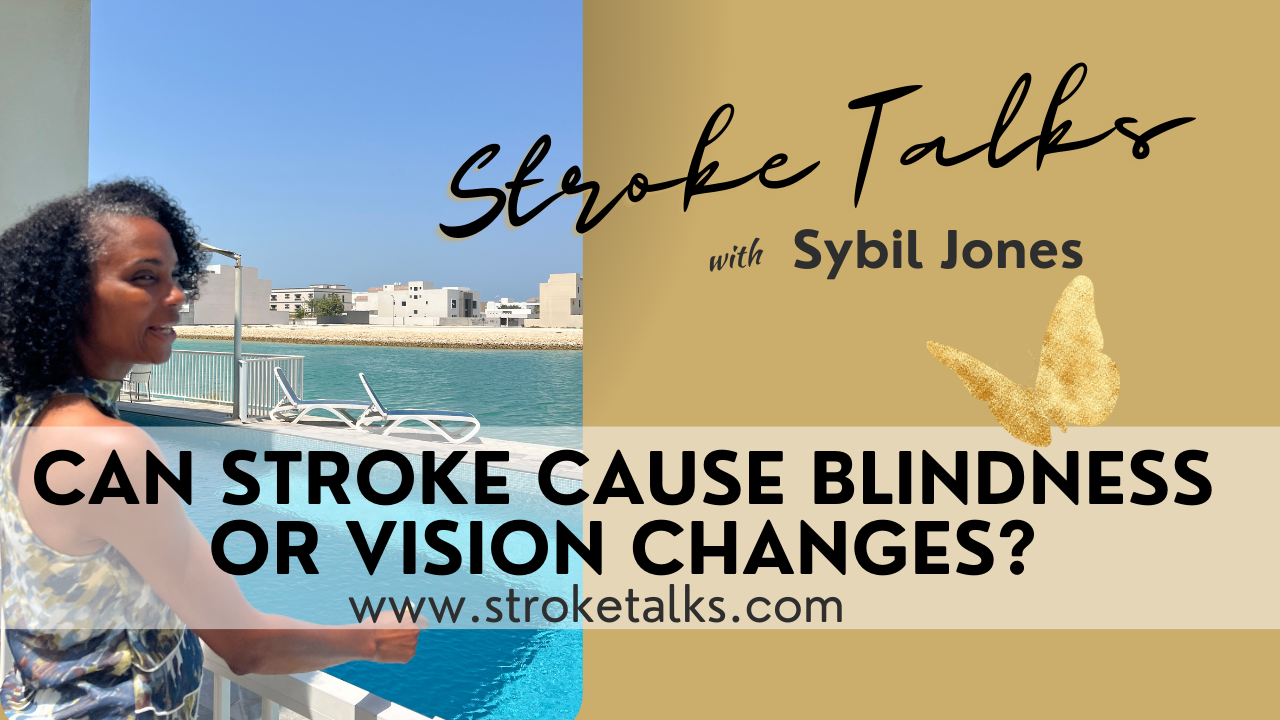
Strokes are a medical emergency that can cause many serious health problems, including vision changes and even blindness. In fact, vision problems are very common among stroke survivors, affecting up to two-thirds of all patients who have had a stroke.
This is because a stroke occurs when the blood flow to a part of the brain is interrupted or reduced, causing brain cells to die. Depending on which part of the brain is affected, a variety of symptoms can occur, including vision changes.
One of the most common vision changes associated with stroke is called homonymous hemianopsia. This is a condition where a person loses half of their visual field in both eyes. For example, someone with homonymous hemianopsia may not see anything to their right or left side. This can be very challenging and can make everyday tasks like driving or reading difficult.
Another condition that can result from a stroke is double vision or diplopia. This occurs when the stroke affects the muscles that control eye movements, causing the eyes to move in different directions. As a result, the person sees two images of the same object, which can be very disorienting.
In some cases, a stroke can also cause complete blindness in one or both eyes. This is known as cortical blindness, and it occurs when the part of the brain that processes visual information is damaged by the stroke.
While vision changes can be a scary and challenging aspect of stroke recovery, there is hope. With the help of a team of healthcare professionals, stroke survivors can learn to adapt to their vision changes and develop strategies for coping with them. This might include using assistive devices like magnifying glasses or adjusting the lighting in their homes.
Coping with vision changes after a stroke can be challenging, but there are many strategies that can help.
Some of the coping strategies for vision changes after a stroke include:
1. Making changes to the home environment, such as increasing lighting or using contrasting colors to make objects easier to see.
2. Using assistive devices like magnifying glasses, telescopes, or electronic devices that can help with reading and other tasks.
3. Working with a vision rehabilitation specialist who can provide exercises and other therapies to help improve vision.
4. Joining a support group or seeking counseling to help cope with the emotional challenges of vision loss.
In an upcoming article, I will talk more about coping strategies and explore how they can help stroke survivors regain their independence and improve their quality of life.
Strokes can cause vision changes and even blindness. If you or a loved one has had a stroke, seeking medical attention as soon as possible is important to minimize the damage and improve the chances of recovery. With the proper treatment and support, it is possible to regain independence and enjoy a fulfilling life after a stroke.
Support Stroke Talks – Support from you helps me create content and resources to bring Stroke Awareness and provide a place for Stroke warriors and caregivers to connect. Thank you for the support! ❣️
My jam for this week. Had to shake a tail feather.

